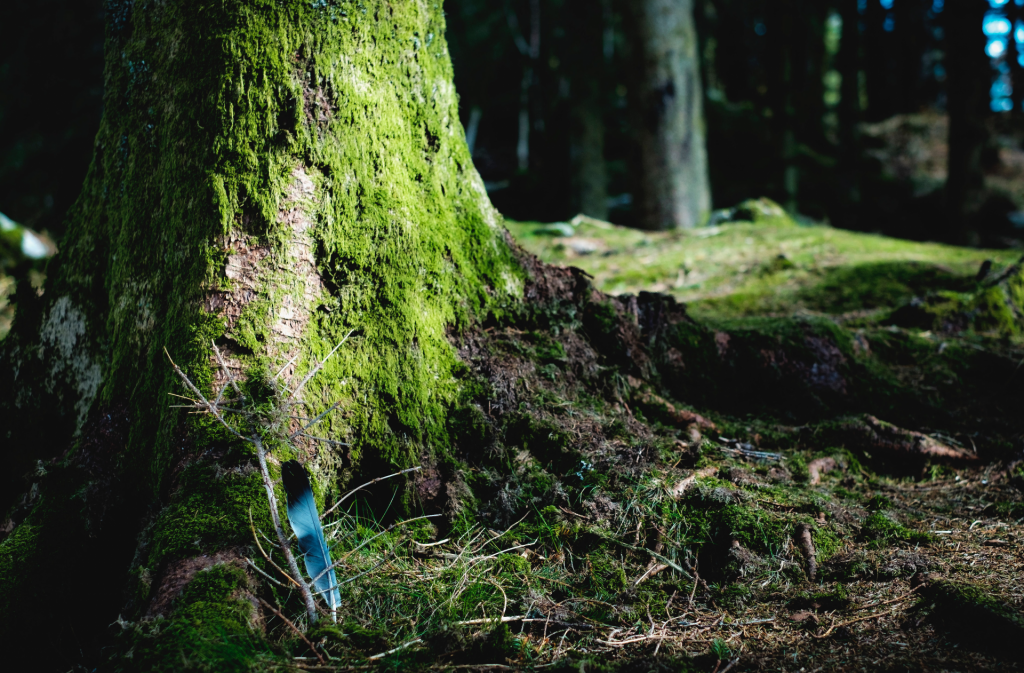
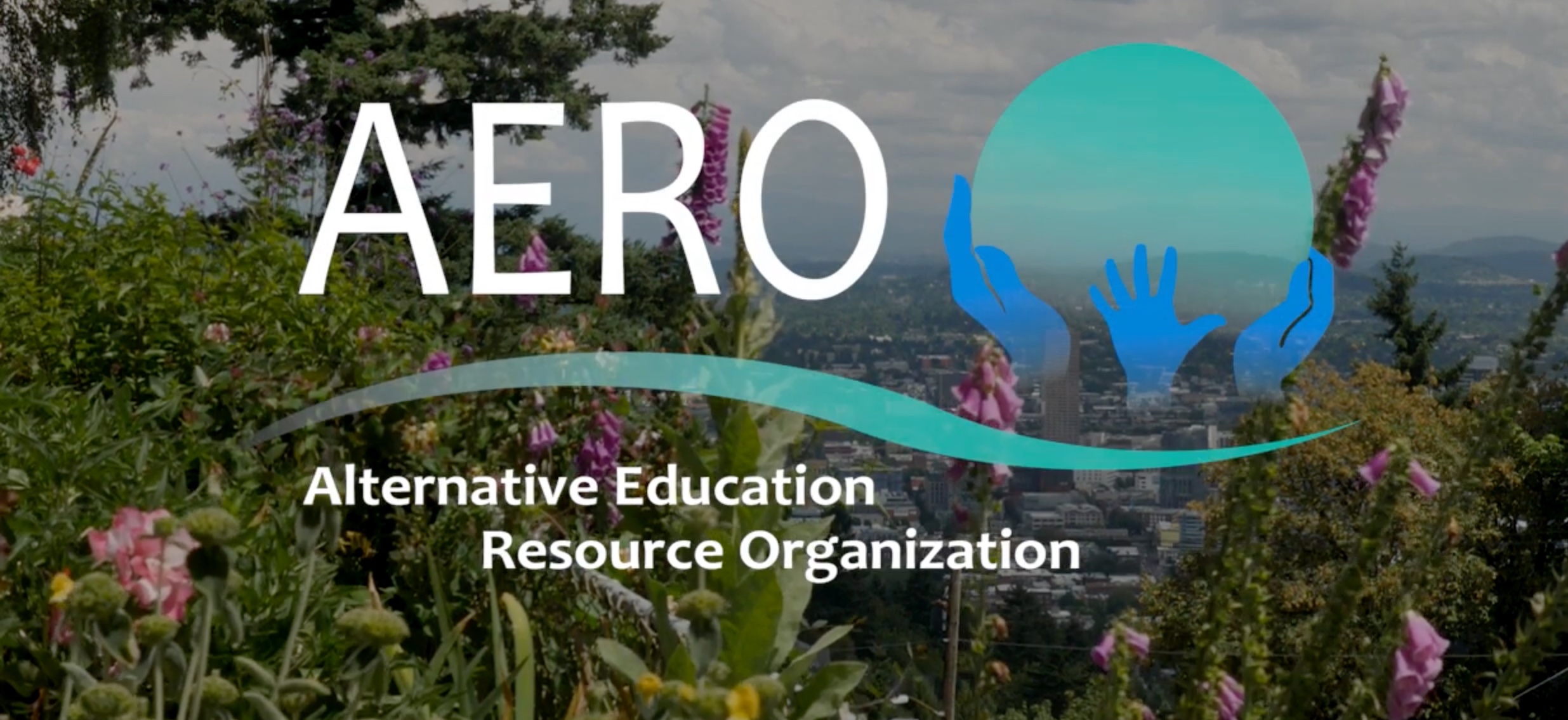
Alternative Education Resource Organization (AERO) conferences have been the world’s premier alternative education conference for many years. It is the top gathering place for anyone interested in learner – directed, learner – centred alternatives.
“The Pandemic Has Changed Education: What Will We Do Now?” was the central theme of this year’s edition, a multigenerational event held at the end of June.
The focus was on actions that participants can take to further learner -directed, learner – centred education all over the world. The conference featured youth-led sessions, prominent keynote speakers (Peter Gray, Kate Robinson, Dayna Martin and Ulcaa Jansen), mini-talks, workshops, networking, pop-up sessions, sponsor tabling sessions, and youth collaboration time.
At the 2021 edition, we held a workshop on “The neuroscience of heutagogy” – the next step in the science of education, self-directed learning on its own pace and terms.
This year, we participated with a workshop in which Adriana Vasile (Brăescu) – Founder of Re-Design Association and CEREHARD – and Miruna & Radu Brăescu shared the experience of a different educational path, from a triple perspective, in a society marked rather by suspicion and prejudice towards any kind of education pursued outside the standard system.
“Education Otherwise Than At Standard School (EOTAS) in Romania” is a conversation structured in four parts:
Part 1 – The family’s experience with the standard system, the need to find an alternative form of education, and the beginnings of what had since became CEREHARD.
Parts 2 & 3 – Questions, fears, searches and unique perspectives – mother and children – relative to this educational journey.
Part 4 – Am I doing the right thing? – sharing experiences with other conference participants.
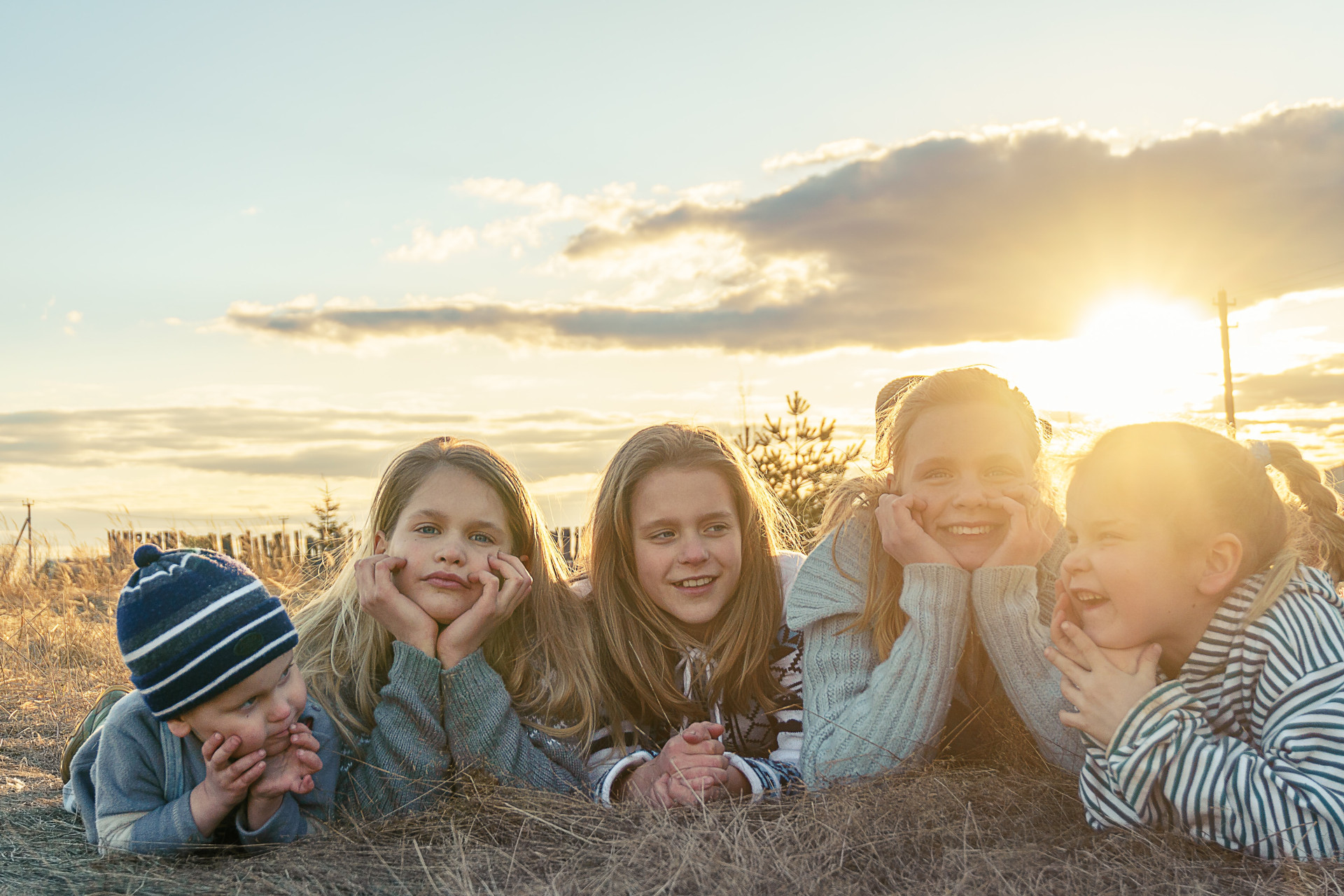
32 years ago, Romania was one of the soviet satellite states which was granted freedom after more than 40 years of communism – first 18 of stalinism. This freedom came with deep moral and material problems, still unsolved – this is why the Romanian society is still highly corrupted, and the brain drainage is huge.
One of the most affected is Education – the last and the least, together with Culture, in public investments. The quality of Education was already low, most of the efforts in schools were (and still are) diverted to private tutoring, by the same teachers hired in schools. Kids in standard school have to attend the “free” regular courses, then pay extra-hours with usually the same tutors. The most solicited are the Math and Languages teachers – the disciplines preferred for standard testing. The recipe is “simple”: learn by heart, as much as possible, train to get a good grade, answer questions you never think about in your life, then get lost from a system which behaves like an almost illiterate babysitter. Of course, there are the so-called good schools, with high standards, most of their graduates enrolling abroad, in the end. The public investment in a system that creates future experts for abroad is, of course, minimum.
Some parents, tired of the experiments the Romanian educational system is testing on their kids, decided to quit the standard school. The legal terms to do that are “grey” enough to let you interpret the law as you like…. Some of the parents enrolled with the so-called umbrella schools in USA, others joined this private initiative launched by Re-Design – a ngo founded at the end of 2013, to promote the “ideal school” concept – an upgrade of the ancient Library of Alexandria, where liberal-arts approach and Project Based Learning is general practice.
In 2017, Re-Design was registered as one of the groundbreaking schools around the globe in the Edumission contest – selected by a jury which consisted of famous figures like Ken Robinson, Peter Gray, Sugata Mitra, Yaacov Hecht.
CEREHARD is the acronym, in Romanian, for Re-Design ngo Resource Centre for Holistic Education. It is accredited as British Curriculum School EOTAS type – Education Otherwise Than At (Standard) School by PENTA International, the UK inspectorate working with UK gov for piloting and accrediting British Schools Overseas. The “heart” of CEREHARD concept is the etymology of the word “school” – “skole”, in ancient Greek, means leisure time usually spent for philosophy.
CEREHARD encompasses all the educational alternatives outside the standard system, and promotes the connection between education and neuroscience. One of Re-Design ngo projects is this neuroimaging evaluation centre, where brain-prints are analyzed in order to personalise learning at its best. Parents are, perhaps, the most important component of this educational alternatives hub, where they can set learning pods / educational centres where kids learn by doing from talented facilitators or experts who feel the need to share their knowledge.
Andragogy & heutagogy replaces pedagogy, and self-directed learning is supported by adults who behave like catalysts, rather than as teachers.
The students enrolled with CEREHARD can sit IGCSE and AL to be enrolled in Universities, or simply apply through interviews and portfolios. At this moment, most of the grown ups set their own small businesses, mostly online now, working already as future entrepreneurs.
Originally published on EUDEC (European Democratic Education Community).
Foto credit Unsplash.com
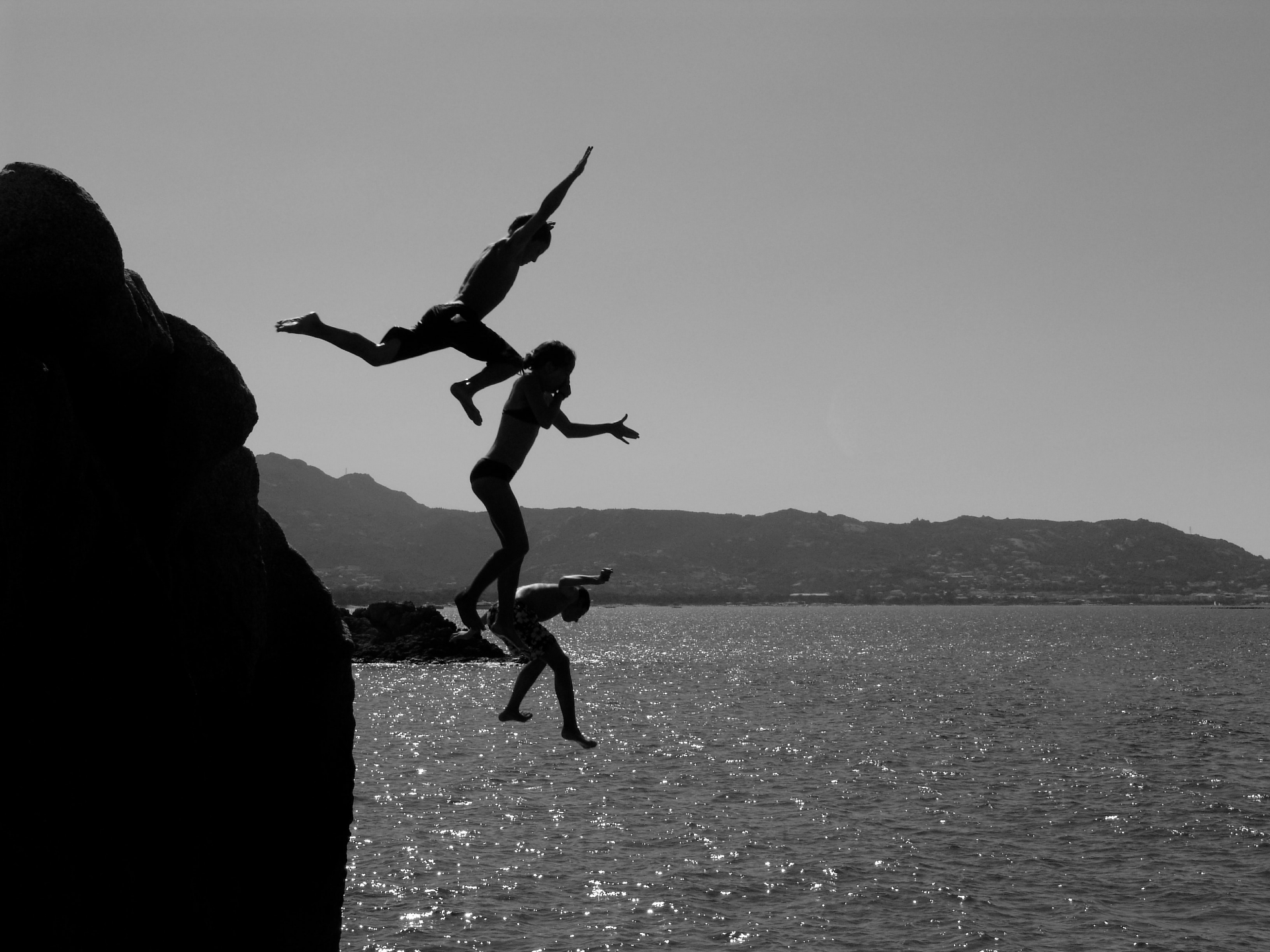
For some, the second week of February meant going back to school.
For others, this “back to school” does not exist. Instead, they experience an alternative approach where learning takes place continuously, on a rhythm and coordinates that suit them and make them enjoy what they discover and learn.
Since many of you have recently joined this adventure named unschooling, we invite you to go through the fears we know you are experiencing.
So…take a deep breath and read on.
Friends look at you full of suspicion or even reproach. Your family thinks you are wasting away your children’s lives. Everyone around you is talking about the importance of school. Panic is probably already in full swing.
The truth, which everyone knows for himself and his family, is that you made this choice for a reason. Maybe school was a torment for your child or perhaps he/she didn’t feel like he/she fitted in.
Maybe you are just tired of homework and the demands of teachers. Perhaps you are tired of running around and are no longer feeling like a family, or maybe you are suffocated by the lack of choices. Maybe a little of each. Whatever the reason, the decision is yours. It is your choice.
Put up barriers when dealing with the “friendly” advice of those you interact with. Think about how much you want to share with or explain to others. Talk to your children, especially if they left the traditional system, about how they want to respond when approached on this topic.
Many of those who choose unschooling have an idealized image (children accustomed to the excitement and delight of learning overnight on their own, whole family reading in the evening, exploring museums or parks on sunny days, volunteering for various causes, etc.)
The reality is rarely this simple. It looks more like this: children watch TV for hours, play games on the computer for days or months, and no one seems to want to leave the house.
At this stage, you need to consider a few things:
1. All these manifestations are quite normal and are called de-schooling. Children need TIME to relax and reconnect with themselves, to experiment and discover what they like. The children who have been in the traditional school will need an even longer time to get rid of the reflexes and habits acquired in school.
2. Your children are not you, and they will most likely make different choices than you. One of the defining aspects of unschooling is trust, and this is the moment for you to start practising it if you haven’t already.
Trust their choices. Trust that they will choose what they need at the right time. Make suggestions and give advice, but understand that by offering trust you create a partnership, a framework in which you do not act as a teacher. This way, the child will feel safe and will seek to discover what he likes and wants to learn.
3. Learning happens anywhere and at any time because it is in our nature. Just because something doesn’t look the way we were previously told doesn’t mean it doesn’t happen.
The experience of other families is quite valuable, especially that of the people who have long been in this educational alternative, but, in the end, it only counts as a source of inspiration.
You create your own experience. Every family and person is different, and unschooling can be completely different from one family to another.
That is a good thing. It’s actually wonderful. Enjoy! You have the chance to create a lifestyle that suits the needs of YOUR family.
The support of friends and people who share the same values as you is very important. You need their support.
It is one of the reasons why we organise CEREHARD Conversations (online meetings for the time being) in which parents and children exchange ideas and opinions and offer their own experience to other parents.
Try different things with your children and see what works and what does not.
What is the ideal time together in the family? What about outside of it? What do you like everyone to do, and how do you enjoy doing them? What are your needs, how do they complement each other, or how do they fight head to head? How can you address them so that everyone feels heard and respected?
One of the advantages of this lifestyle is this flexibility, the freedom to change things when they do not work and adapt to your child evolution and yours.
It is a process that takes time, trials and errors, but it is an exercise worth doing because we learn skills that are going to be useful all our lives.
That is true, especially for children, because no one knows what the future holds, and therefore flexibility and adaptability are essential. Just look at 2020!
It is easy to fall into the “what-if” trap. We are all familiar with it. What if the children will want to go back into the system? What if they will want to go to college? What if we, as parents, do not prepare them well enough for the future?
There are many “ifs” out there that do not let us sleep at night, especially these days when finality is more important than the process.
Is that what you want for your children?
A competition, to check off some boxes?
You better focus on what is in front of you, here and now! Things can turn completely upside down overnight (see the pandemic).
Build relationships. Learn. Do your thing, whatever that is. Address the “what ifs” when they appear and become relevant, instead of panicking about a future that hasn’t happened yet.
Children will catch up and learn when and if they will decide to return to school. Adolescents take their entrance exams if they intend to do so. Regardless of age, when there are genuine motivation and free choices, all children assimilate the information they need for exams.
Before learning, there is a context – how we live, how we develop relationships and connections, and how we build trust. Let us focus on cultivating this environment, so learning will come naturally, step by step, through associations and relationships, through the exercise of trust, and by taking your child as a partner.
Nobody leads nor is led in this. Instead, we seek to enjoy our experiences, share them with others, and go with the flow.
The tips above are offered by Idzie Desmarais, an adult raised outside of school and a lifelong learner. You can find more about her here.
Her experience is the first in a series where we aim to present educational experiences other than at school in societies and cultures that have lived in this paradigm for decades.
Their experience is valuable, and we hope it will be useful to as many of you as possible.
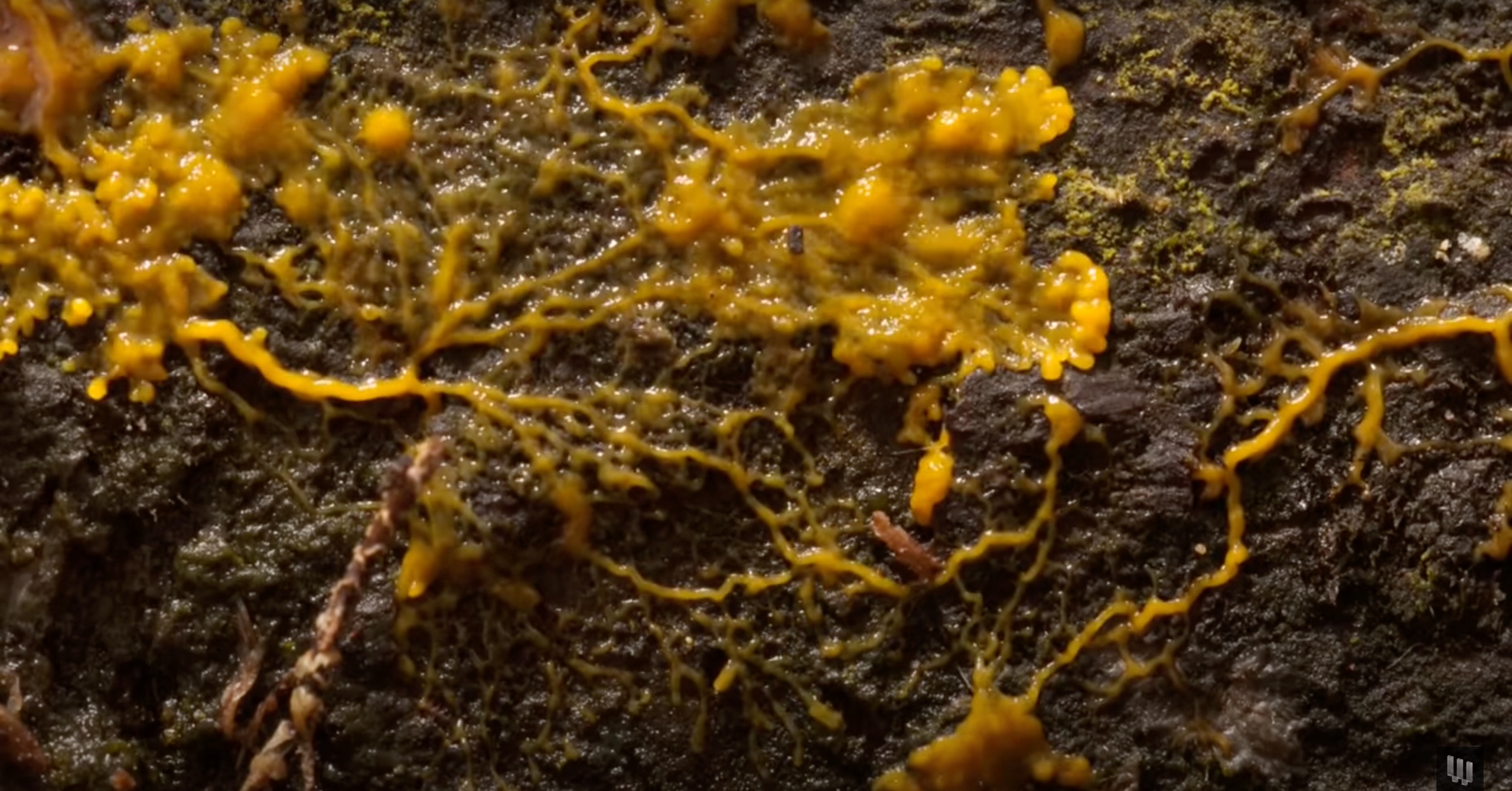
I recently saw a clip of a bear running on the slope after a skier. I realised that spring was coming, we were coming out of hibernation, and we were sticking our heads, like snowdrops, out of the burrows where we had weaved our stories.
We may be more or less scared, but perhaps we will understand that the man is not the master of nature, that, at least for the time being, our social organisation is far inferior to even an anthill, and that while decisions belong to us, at the same time, they make us responsible.
I don’t know if you have seen the video with the organism called “blob”. The cells that make it up behave like the neurones in our brains. They communicate, decide together and are part of a network of unmanageable complexity, hard for our minds, accustomed to few and fixed ideas, to fathom.
We are a “blob” who optimises his survival and makes decisions, hopefully, informed, resulted from collaboration among its invisible components.
That “blob” has several nodes among which all kinds of connections are continuously built and broken. That is the dynamic of the tremendous complexity that we live but also generate. Each node has a specific task, it targets a different territory and maybe even has a different colour.
From one node, other nodes can start, which are unceasingly formed or decomposed. Dynamism is one of the essential characteristics of the social organism we have created.
You can see below how it works and what is the logic of this “blob”.
Because in CEREHARD there are people with very different structures. Nevertheless, we all want to be allowed to educate our children outside the current bankrupt system.
Each centre that includes Cerehard children, under the Cerehard name or a different one, has its own characteristics. If a family is not compatible with the philosophy of a centre, it can migrate to another one closer to its views.
Some families want structure, schedule, exams. Others do not want any of those. Some families do not even want to join a centre. That is why CEREHARD is EOTAS, Education Other Than At School, a collection of variants from which you can try what suits you the best.
Once again, we ask you to upload, in the children’s folders, everything you think will help us to keep an update on your progress. An activity diary in which both you and your children to write may also be useful to us. You can store up there the joys, the tears, the fears and other gnawing feelings.
As a school, we are planning to participate in the PISA test in 2025. I am convinced that, on that occasion, we will all see that personalised education leads to positive outcomes. The training itself consists of solving everyday problems through projects. Together with the children, study everything that “consumes” them. Their questions represent the starting base: why are the green leaves, what does the dog say when it barks, what is fear, etc.
If you stumble, ask for help. We, trainers, parents, and specialists on various topics, are here, with you and for you.
Go through the educational platforms, the books and the textbooks you like. Just do with your children what you would have enjoyed your parents or grandparents to do with you.
Learning happens through experimentation and making “mistakes”, and also through associations with emotion-inducing stimuli.
If you have not already read this article, I warmly recommend it to you. It helped me a lot when it was published in 2012, the same year I took my children out of standard school.
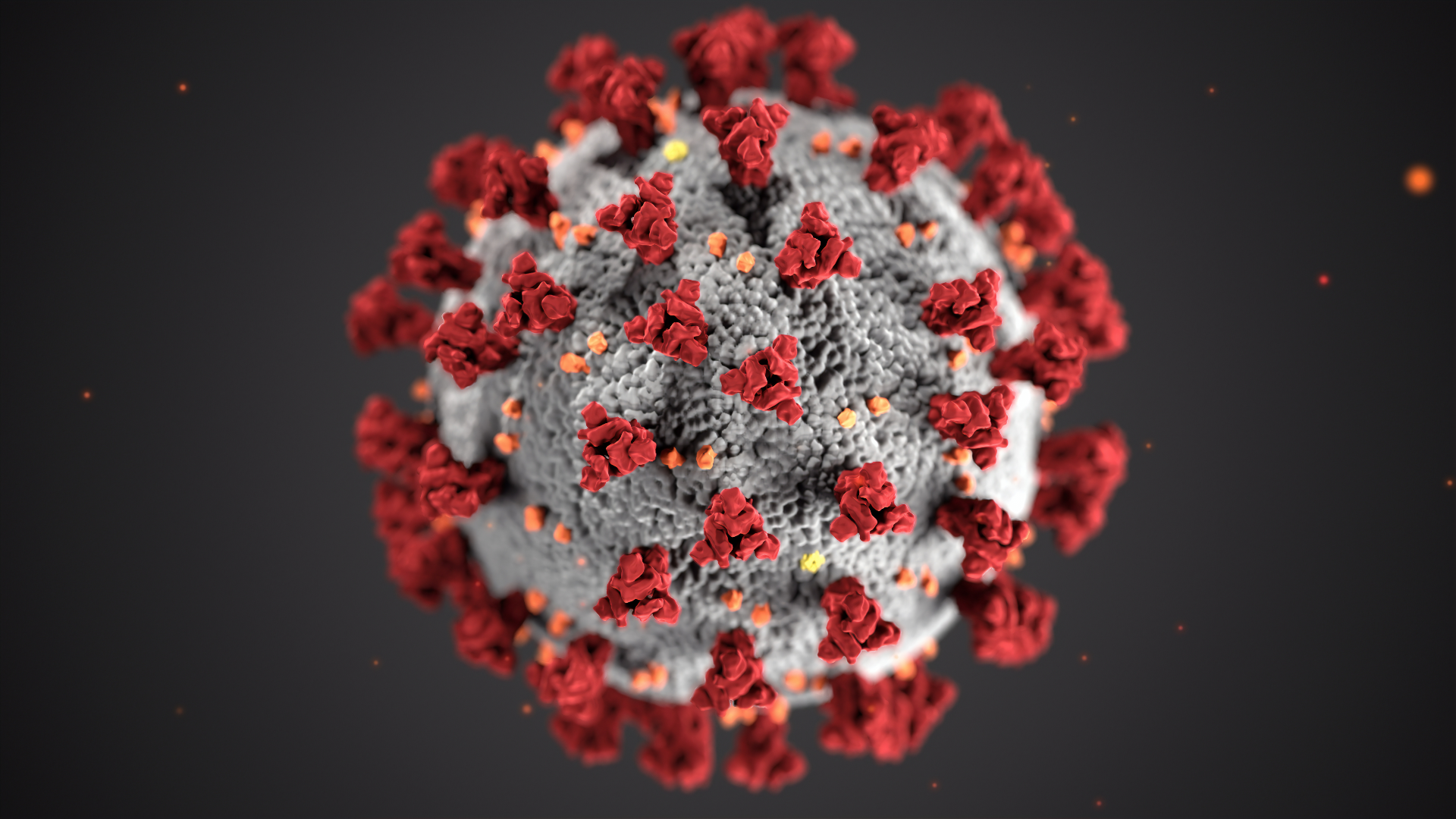
Given the horror stories circulating these days, I thought of reminding you of some of the things we have learned in school.
What is life? We do not know. However, to say that something is alive, it must fulfil seven functions (at once) – it must feel, breathe, grow/develop, reproduce, excrete, feed.
The cell is the smallest entity that has all those functions. For this, it has “organelles”, the equivalent of organs. The cell:
Think about the fact that around 3000 (bio)chemical reactions take place in every cell of your body. The same thing happens in bacteria and fungi found on the inside and outside of a body. Keep in mind that the number of bacteria and fungi exceeds that of the cells of a body.
All beings made up of at least several cells perform the functions listed above. Many beings have organs that mediate these functions – brain, lungs, heart, kidneys, liver, etc.
All these functions occur because there is a “database” inside the cell that provides the necessary information. This database is stored in the deoxyribonucleic acid (DNA) molecules, which are composed of sequences of nitrogenous bases. Three of such bases form a “codon”, which contains the necessary information for the synthesis of an amino acid.
Decoding the DNA sequence involves the ribonucleic acid (RNA) molecule that copies the codon sequence of the DNA then “translates” it into the amino acid within the ribosome (the organ discovered by Palade). Some people spend a lifetime studying “only” the replication processes, so vast is the field.

A virus cannot perform any of the seven functions listed above. It is a fragment of DNA or RNA (SARS-CoV viruses are RNA type of viruses) surrounded or not by a protein/lipid coating. Their origin is unknown, and their insertion into living cells is absolutely necessary for their “multiplication”. They enter into the cell through membrane receptors, the proteins that should also serve as “guardians” of the cell but which the viruses manage to “fool”. The viruses “dress up” in something that membrane receptors recognize as familiar. We, humans, carry a significant percentage of viral genomes in the genetic code since immemorial times. Sometimes they made our existence easier, other times they made a severe “selection”.
Coronaviruses have long been studied. The fact that SARS-CoV-1 and MERS disappeared just as they appeared pushed their research into the shadows. That happened because, within the scientific world, the money usually goes where an emergency occurs.
Coronaviruses have a coating of protein “thorns” that protrude from the surface of the lipid layer. These spikes have been “deciphered”. They are composed of 2 subunits. One serves to adhere to the cell membrane, and the other serves to couple with the cell receptor. The mechanism itself is extremely complex and involves a cell-specific enzyme that helps the virus in this operation.
The receptor to which the virus attaches is the angiotensin-converting enzyme (angiotensin-converting enzyme 2 = ACE2). That is a protease synthesised by the cells of the lung, intestine, liver, heart, vascular endothelium (the layer of cells lining the blood vessels), testicles and kidneys.
The dismantling of coronaviruses happens in the cytoplasm of host cells. That involves transcription and translation of information from their own RNA. It is, however, an incompletely elucidated process. All in all, the coronaviruses end up using the protein synthesis apparatus inside the cell. When enough viral molecules have been synthesised, they begin to assemble within the Golgi cellular apparatus. The antiviral drugs slow down or stop the synthesis of viral components at the cellular level.
We have entered this terra incognita of the wild beings, where natural selection happens, including through viruses. Our planet is not a friendly realm. Life is a game of elements (those in the periodic table) and molecules, coordinated by laws we have barely deciphered. The meaning of life is not the pursuit of happiness, but perpetuation and propagation through offsprings that adapt to any conditions.
The fact that some atoms of carbon, nitrogen, phosphorus and oxygen have once formed an information-bearing structure is part of this game that started almost 14 billion years ago when the first elements appeared – hydrogen and helium. That structure can be extremely small (viruses) or somewhat bigger (the genome of any being), but it is everywhere the same.
We, humans, are like galaxies through which small pieces of information circulate. Sometimes they wreak havoc. Other times they pass into another stage of the order we call chaos.

These days, many specialists offer advice on how to live with our children who no longer go to school due to the COVID-19 pandemic. As a mother of unschooled (but educated) children and promoter of the EOTAS alternative, I dare to propose my version of schooling, meaning pretty much any other option but the one wrongly considered a classical school.
The word “school” comes from the Greek “skhole”, meaning the time spent philosophizing. In Latin, “schola” meant an intermission of work, a time devoted to enjoyable learning. The philosopher Constantin Noica wrote in his Philosophical Journal:
“I dream of a school where, frankly, nothing is taught. To live in peace and quiet, somewhere on the fringes of a human settlement, and the youths, a handful of young men from around, to come there to free themselves from professorial tyranny. For lessons should be given by everything and everybody. Everything must be learnt from outside in and inside out. They are allowed one thing, and one only: to ask questions, from time to time.
But don’t you see that they, too, have something to say? And don’t you see also that we might not always have anything worth saying to them? We are mere middlemen between them and their own selves. …States of mind – that is what must be given to others; not content, not advice; not teachings.”
In ancient times, this school on the outskirts of a fortress took place in an olive grove of the Greek hero Akademos (hence, the current name of Academy). Now, in the 21st century, we go back to that idea. We have gathered youngsters eager to free themselves from tyrannies of all kinds, and we do meet, not in an olive grove, but in the Botanical Garden to discuss and research everything that falls into our hands.
We also meet in research institutes and any other circumstances that catalyse learning. Communities, facilitators and mentors got together in several cities. Ideally, we hope to find an Akademos to accommodate our efforts, allowing a free, personalised, and holistic education guided by polymaths.
In English, “holistic” comes from the term “whole”. Holistic education helps children know and understand themselves, both emotionally and rationally, both as part of a whole (the universe) and as a universe of the particles that make them up.
For some people, holism is equivalent to that 2500 years old concept from which we fail to “extract” ourselves – that man is made up of three “components”: body, soul, and spirit.
It is like saying that the universe is made up of 4 fundamental elements – water, air, fire and earth. I try to “restore” the meaning of the word “holism”, which we can hardly use because it fell into derision.
Holism is the basic principle of personalised medicine. For example, the genetic profile, correlated with already manifested diseases, allergies and other “imbalances”, allows the physician to configure a proper treatment.
Holistic education works on the same principle. Every child is a curious little human who sees the world as a fascinating playground. For a child, there is nothing more appealing than “wasting time” digging through the rocks on the banks of a river, endlessly examining their roughness, splashing around in every single puddle, shaping the clay until he/she “gets dirty” all over. Above all, there is that special feeling, flowing through all the pores, that we, the “big people”, have forgotten..
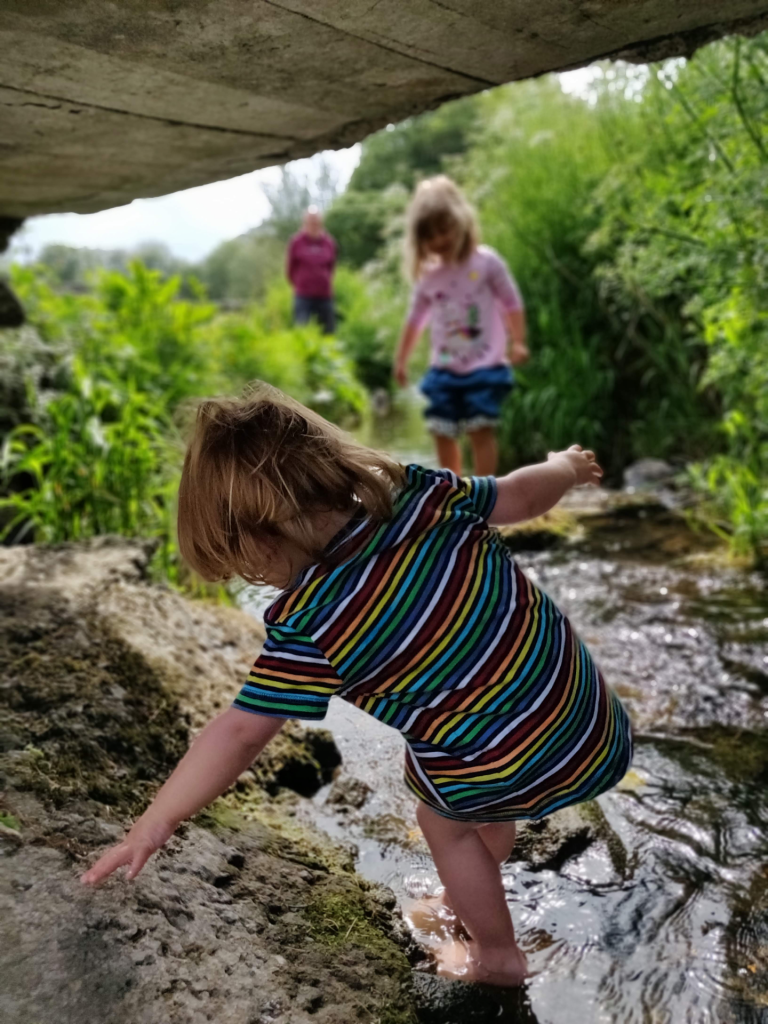
A child would stay there for hours, even days, while we, the adults, who “knew” what it “needed” to be done, told them that they need a “purpose” in life and their play “must” stop. We pull them out of that “whole” which allows them to learn through all fibres, feel through all receptors, perceive through all neurones. We stop them from expressing emotions related to actions that may seem illogical to us but have the logic of a reality to which we no longer have access. Try to remember how you were at the age of your children.
In elementary school, I loved to delay my return home from school. I used to roam the neighbouring forests without a target while enjoying all the “signals” of nature. I wasn’t looking for anything in particular, and I didn’t have a goal. It was just pure immersion in that ocean of information, of waves with different frequencies. After my mother found out what I was doing instead of going home, she started to tell me what could happen to the girls in the woods. Thus, I entered the ranks of the world.
Of course, parents only want what is best for their children. That is why we protect them and explain to them what might happen in various circumstances. If we could, we would implant chips in them for constant surveillance. We unceasingly transfer to them our anxieties, inherited or inoculated, our fears, and insecurities. Worst of all, we instil into their minds the idea that the world is a “bad place”, a place full of dangers that one must be prepared to face.
We seem to be living the safest times so far. Despite the media’s desperate efforts to convince us of the imminence of the world’s ending, statistics show that we have never lived better than we do now. Could we use this “good” to look deeper into ourselves?
This may happen if we let our guard down a little, reactivate our sensors and start taking slow and deep breaths. We could look at our children, arguably, the better copies of ourselves. Look how a child digs with a stick full of mud in a pond full of microscopic worlds without having any indication as of “what” to observe, “how” to dig, and what will “happen” to him if he gets his feet wet…
I don’t know why most people think that schooling a child is the same thing as educating him/her. Actually, I know the answer to that. That is because we are still the prisoners of a myth that says the state becomes responsible for our children, whether we talk about education, common sense, or health. The truth is that it is not the state that is responsible for them, but we the parents.
If you “make” a child only because society (your mother, father, neighbours, co-workers, etc.) asks that from you, then you end up passing on the responsibility of raising that child to those who pushed you to do it. Hence, the cognitive dissonance in which many parents, who do not know how to be parents even though they want to, end up living. Those parents astonishingly discover that they have become the clones of their own parents and landed up preaching what they “hated” the most when they were children.
I’m not looking for culprits or victims. I try to expose a problem from the perspective of a person who has children, and who has found a way to let them develop as beautiful and healthy as possible.
That is de-schooling. That is personalised, or holistic, education that offers support and does not impose things. It is done with respect and amazement towards the new beings that grow before our eyes.
I do not want to “crumple” that being by imposing some absurd limits in the name of what is proper.
That is the reason why I got to know myself very late in life, belatedly realising that I am for myself a kind of terra incognita.
Given the current situation – which will inevitably produce a global reset – we do not know what will happen next. For the time being, however, I have two happy, balanced, and healthy children that are up-to-date on their vaccines and live in full harmony with themselves. They have a common sense that I sometimes deem excessive, and they can differentiate between authentic and bullshit, also within people’s speeches.
I do not understand why there is so much noise and false competition at school, why children end up using curse words and arguing with their parents. I want to point out that the so-called “adolescence”, which I was afraid of as a mother, is just a story. If you stay at your child’s side, avoiding constant criticism, and do not unload your adult frustrations on him/her, then the child will never behave improperly.
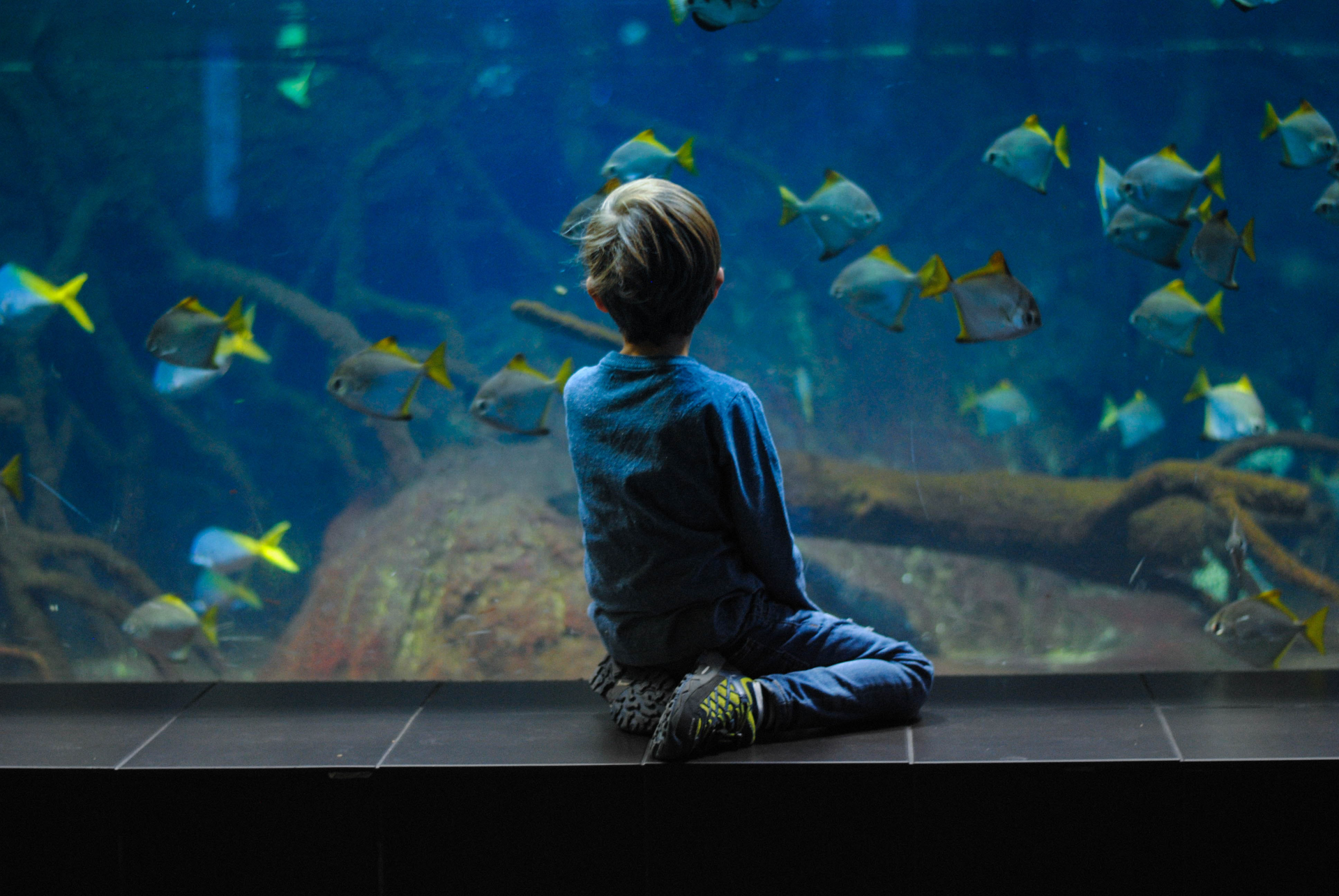
All over the world, education is going through reform. The old paradigm of education based on memorization and reproduction of existing knowledge needs to be changed.
During an episode of the “Știință și Cunoaștere” (Science and Knowledge) show on TVR Cluj, I talked with Prof. Julian Hingley about the need of changing the education paradigm and the role of neuroscience in configuring effective solutions for teaching and learning.
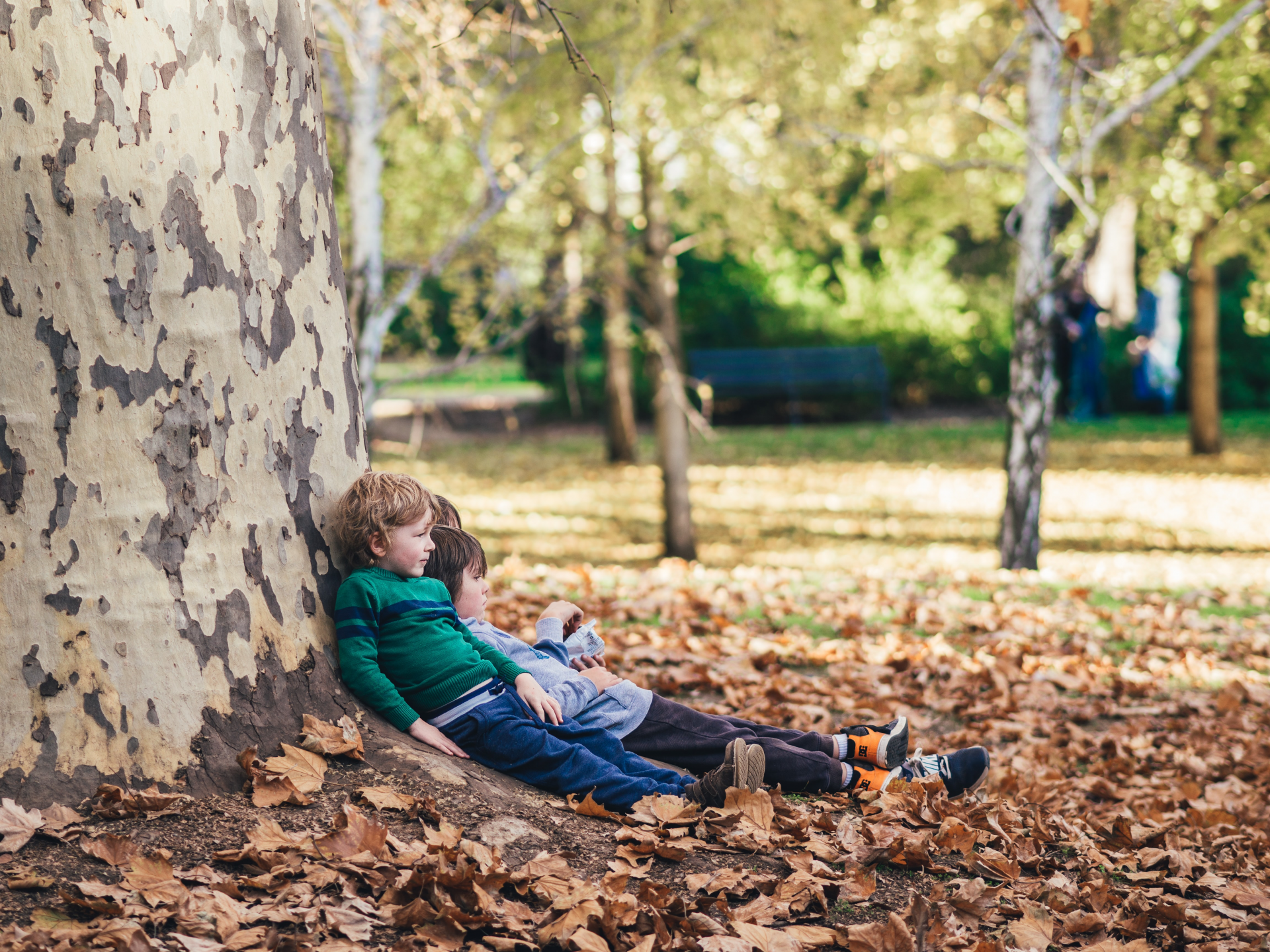
It’s already Sunday, but I’ll still write a “Saturday confession”.
On Sunday, April 1, we have a meeting at Bucurania, a nice centre where Sonia Vasilescu creates a piece of heaven for small children. A few more meetings are scheduled for next week. Some people don’t even believe in our existence and feel the need to “touch” us.
This Saturday confession is about doubt. It is about finding out that, no matter how good of an idea, the reaction of society is one of “apprehension”. It is about the fact that, after years of torment, hard work, costs and sacrifices, the doubt remains. (In psychology, this is the story of the stranger who enters the city). It is about the automatic thoughts telling us that what has long been accepted by many generations before must be good.
For the next meetings, I was advised to bring “documents” attesting that our school is going through an accreditation process. Sure, no problem, I can bring in any “documents” one wishes, but I wonder if those who ask for this have ever considered asking the “state” or the “private schools” to present “documents” that certify their existence.
If we, as a society, would ask the institutions (the state) for those “acts” that certify that they can fulfil the tasks for which they are paid and guarantee the physical and mental safety of the children they care for… I think we would have huge surprises, from fire safety to the assessment of educators caring for our children.
Doesn’t seem strange that, after 12 years of school (soon, 15), most people have to take courses in “personal development”, “awareness”, “healing”, and so on? Isn’t it strange that there is this need to repair the damage, most of the time, irreversible, created by a collapsing system?
Most parents complain about the system but can’t break out of it. Many of them prefer to place a child on the coordinates of “something” they think they know because they had followed that “path” (the path of lies, cognitive dissonance, and “bipolarism”). The apotheotic end is a double-standard life, shallowness, acceptance of the “necessary evil” (in other words, “bad with evil, but worse without evil”).

Everything is stored in the genetic and epigenetic codes. The neural networks that guide us are built on models configured in the brains of our parents, grandparents and great-grandparents. The maltreatment of one’s ancestors can be traced on the connectomic maps of the grandchildren’s brains. The “tradition” becomes a religion, out of the need for security, “constant”, and familiarness.
Nothing is more comforting than the idea of the “safety of tomorrow’s day”, although this security does not exist.
All sorts of “methods of healing the body/soul/mind” have proliferated. They are built on fear, ignorance, and insecurity, traits acquired during school years in an institution that should have taught us to know ourselves.
Have you ever wondered where the child’s “whys” disappear?
After the age of 11 or 12, they fade and then are heard no longer. That is not because the little questioners have already received answers, but because their questions flew empty, hitting the walls of indifference, dualism, and perfunctoriness. The walls of ignorance.
The other day, a philosopher pointed out an interesting phenomenon: many publishing houses focus on “translating” the masterpieces of universal literature in a language “of childhood”.
That is a useless or even damaging undertaking. The child understands nothing of those stories that can only be understood by people who have gone through the “initiation” described by those literary works. Furthermore, because of this lack of understanding, the child also forms an aversion to those experiences.
Will we be able to give children back their childhood? Have you ever noticed that no children sing anymore?
I’m not referring to sex-infused lip-synched twaddling, but the chants essential for normal and balanced brain development.
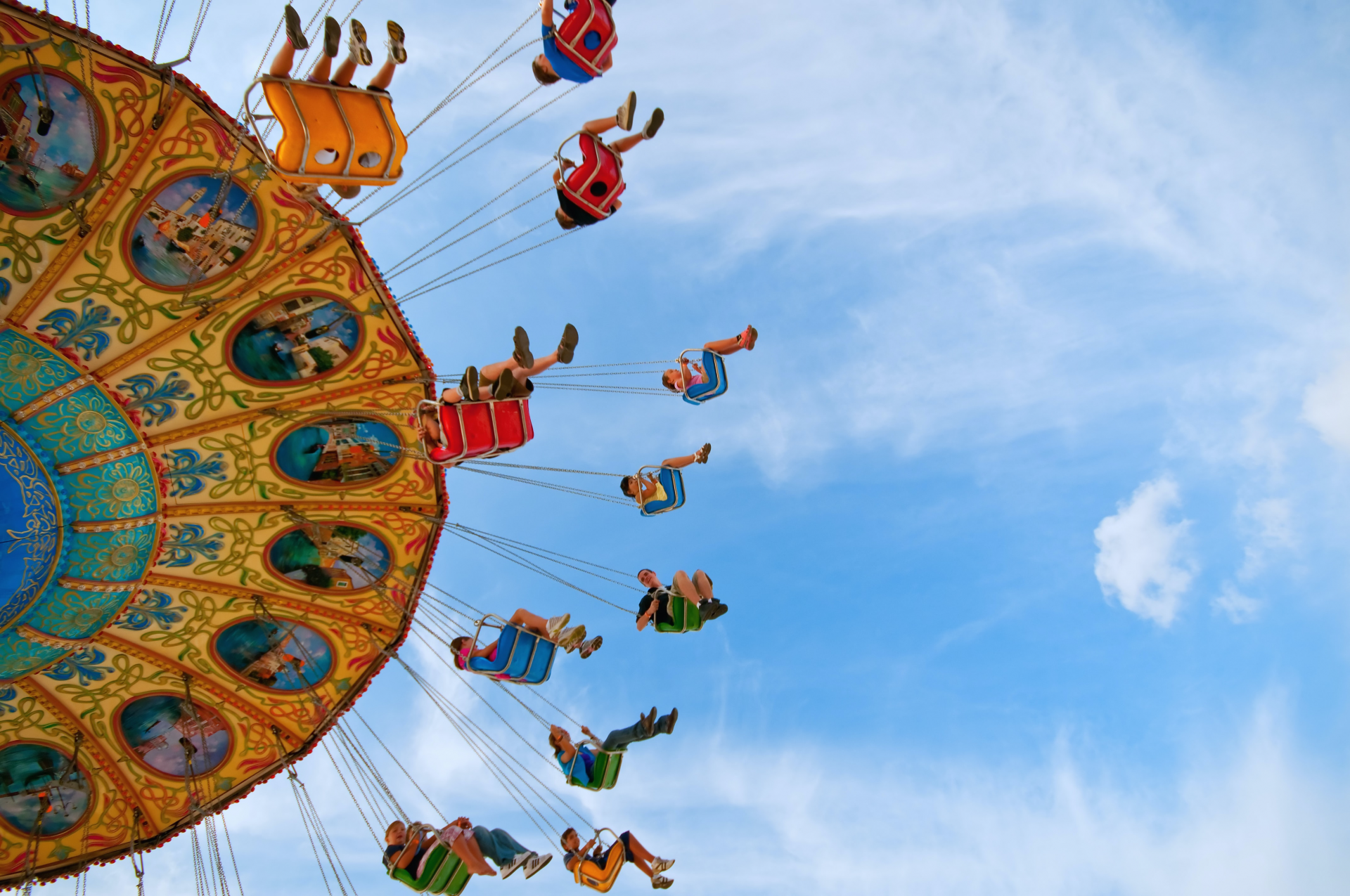
În trecut, majoritatea oamenilor era analfabetă, obligată să trăiască din muncile câmpului. Convingerea că ştiutorii de carte îşi pot găsi mai uşor de lucru i-a motivat pe unii părinţi să-şi dea copiii la învăţătură.
Marcel Căpraru, profesor la Universitatea din Craiova (departamentul pentru pregătirea personalului didactic), afirmă că învățământul obligatoriu a apărut în 1819 într-un stat totalitar – Prusia – după principiul „trebuie să facem o Germanie Mare, să unificăm limba germană şi toţi germanii să gândească la fel şi să respecte ordinele, cel puţin în problemele mari”.
După Johann Gottlieb Fichte: „Educaţia ar trebui să aibă drept ţel distrugerea liberului arbitru, astfel ca, pe parcursul întregii lor vieţi, viitorii cetăţeni să nu mai fie capabili că gândească sau să acţioneze altfel decât au fost educaţi de către profesorii lor… Psihologul viitorului se va ocupa de clase de elevi pe care vor fi testate diferite metode de a-i convinge că zăpada este neagră. Atunci când tehnica va fi fost perfectă, orice guvern care a contribuit la educaţia mai multor generaţii va fi capabil să-și controleze cetăţenii fără ajutorul armatei sau al poliţiei”.
Bertrand Russell citându-l pe Johann Gottlieb Fichte, The head of philosophy & psychology who influenced Hegel and others, Prussian University in Berlin, 1810.
Noi suntem obişnuiţi cu ideea că „prin sistemul de învăţământ, copiii sunt daţi pe mâna unor specialişti în educaţie, care, pe lângă specialitatea lor, au studiat pedagogia, psihologia şi metodicile predării. Ca unul care, zeci de ani am studiat şi predat aceste discipline, pot să afirm că nu sunt ştiinţifice.
Aşa cum o bună perioadă, în ţara noastră şi în multe alte ţări s-a predat disciplina numită Socialism Știinţific (mulţi universitari şi lectori în universităţile populare şi-au construit o carieră în jurul acestei discipline) şi s-a dovedit în realitate că aşa ceva nu există, tot astfel Știinţele educaţiei sunt articulaţii logice, uneori bine închegate, dar construite pe postulate false. Metodicile, de exemplu, sunt un fel de reţetar cu principii, norme, metode, strategii şi tehnici, dar, ca orice reţetă se adresează oamenilor bolnavi, nu spiritelor vii.
Cercetările psihologice asupra învăţării, de la Thorndike, Skinner, Kohlberg sau Pavlov s-au făcut pe animale, şoareci, câini, pisici, porumbei, maimuţe etc. şi au fost transferate la modul cum învaţă copiii, iar cele pedagogice sunt caduce, pentru că, odată introduşi copiii într-un mediu artificial – şcoala – separat atât de societate cât şi de natură, nu poţi obţine, prin observare sau experiment nimic valabil.
E ca şi cum ai aşeza un fluture sub un clopot de sticlă, i-ai observa mişcările şi zbaterea şi ai crede că ştii totul despre fluturi!”.
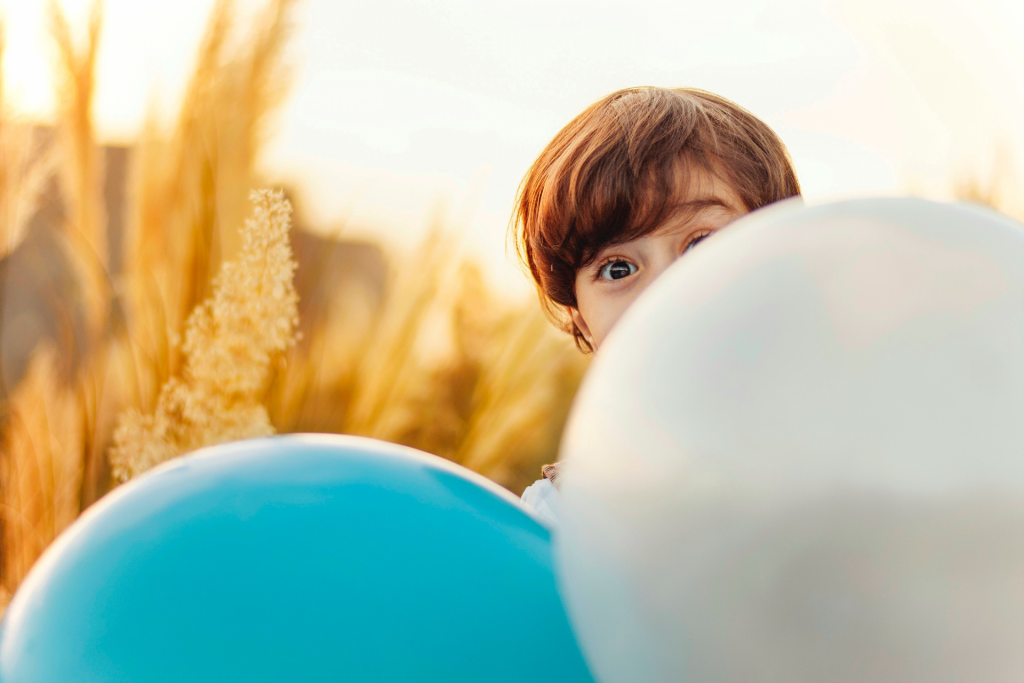
Ca biolog, nu pot decât să susțin o astfel de opinie, deoarece omul nu este o un obiect care să reacționeze la fel în cadrul aceluiași experiment, repetat în condiții perfect identice.
Celulele, fiinţele vii, sistemele sociale pe care acestea le alcătuiesc sunt sisteme complexe. Biologia, într-o școală a viitorului, ar trebui să se ocupe cu studiul relaţiilor dintre părţile componente ale unui sistem, al modului în care aceste relaţii determină comportamentul în ansamblu al sistemului precum şi modul în care sistemul interacţionează şi creează relaţii cu mediul înconjurător – actualmente preocuparea domeniului complexităţii.
La începutul secolului al XVII-lea, Descartes a introdus conceptul de metodă ştiinţifică de investigare, schimbând fundamental modul în care căutăm răspunsuri la întrebările fundamentale.
Metoda ştiinţifică pune accent pe individualitatea şi pe separarea lucrurilor, astfel că entităţile puteau fi înţelese doar prin disecarea şi analiza componentelor individuale, iar cercetătorul era doar un observator pasiv al fenomenelor exterioare.
Această paradigmă a rămas neschimbată mai bine de 300 de ani. Odată cu teoria relativităţii a lui Einstein, care a marcat începutul de secol XX, observatorul nu mai este în afara fenomenelor pe care le studiază: toate modelele pot fi descrise doar în raport cu observatorul. Rolul gândirii în construirea realităţii a devenit un subiect de dezbatere, care a rămas la fel de actual şi în zilele noastre. Fizica cuantică vine cu o imagine enigmatică a naturii realităţii.
Niels Bohr spunea că nu are rost să vorbim despre proprietăţi şi caracteristici ale unei particule care nu poate fi observată. Fizicianul David Bohm a descoperit că atunci când un gaz devine plasmă, electronii încep să se comporte ca un întreg, angajându-se într-un proces de auto-organizare; el a susţinut că numai un punct de vedere holist ar putea explica coordinarea electronilor în sistemele plasmatice cu energie mare şi că spaţiul în sine este o iluzie, deci discuţia despre separarea lucrurilor la nivel cuantic nu are nici un rost.
Viziunea noastră carteziană asupra lumii persistă – avem tendinţa de a descompune lucrurile în părţi mai mici, cărora le dăm nume. Conform teoriei lui Bohm, însă, separarea lucrurilor este doar o iluzie, toate lucrurile fiind, la rândul lor, părţi ale aceluiaşi continuum intact. Ne raportăm la un sistem de referinţă format din trei dimensiuni ale spaţiului, la care se adaugă dimensiunea timpului.
Conform fizicii cuantice, realitatea este alcătuită dintr-un număr infinit de (uni)versuri care coexistă simultan, dar noi nu avem senzori pentru perceperea altor dimensiuni.
Legăturile dintre dimensiuni se realizează prin intermediul unor singularităţi ale spaţiului-timp, găuri negre în vecinătatea cărora legile fizicii, aşa cum le formulăm noi, nu se mai aplică şi care reprezintă punctele de trecere dintr-un univers în altul. În apropierea acestor puncte de legătură dintre planurile universului, spaţiul şi timpul suferă modificări observabile.
În condițiile în care tot ce se poate ști, la ora actuală, este accesibil, singura îndatorire a școlii este aceea de a sprijini ființa umană în dezvoltarea sa și de a o ajuta să discearnă între adevăr și impostură. Nu mai este loc de soluții impuse – profesorul are nevoie de acea cunoaștere (nu doar de cunoștințe + competențe) care să-i permită să susțină un dialog cu un elev care explică, la 11 ani, soluția teleportării (care ar fi inversarea spinului electronilor…).
Un raport publicat în 2010 asupra educației viitorului – The Future of Learning: European Teacher’s Vision – afirma că în următorii 20 de ani se vor înregistra mai multe schimbări fundamentale în ce priveşte procesul de predare/învăţare.
Dezvoltarea capacităţilor de a analiza, de a rezolva probleme, de a colabora și negocia, de a inova precum şi de auto-administrare a propriei fiinţe sunt absolut necesare pentru a putea face faţă viitorului.
Dezvoltarea şi managementul propriei personalităţi reprezintă o competenţă cheie pe cât de nouă pe atât de importantă, alături de conştientizarea ritmurilor planetare şi a rolului fiecăruia într-o lume aflată în permanentă schimbare. Matematica, limbile şi tehnologia informaţiei rămân, în continuare, fundamentale în dezvoltarea competenţelor fiecăruia de-a lungul întregii vieţi.
Motivaţia, performanţa şi calitatea educaţiei se întreţin încurajând individul să-şi dezvolte propriile talente şi interese. Astfel, pentru a stimula dezvoltarea competenţelor personale, practicile educaţionale, obiectivele de învăţare şi evaluarea ar trebui revizuite periodic, pentru a evita standardizarea.
Se recomandă folosirea a cât mai multor surse şi căi de învăţare, astfel ca fiecare să-şi poată configura propria succesiune de evenimente care să alcătuiască o experienţă preţioasă de învăţare, preluând responsabilitatea propriilor decizii şi a scopurilor pe care le urmăreşte.
Tinerii au nevoie de identitate, pe care şi-o formează în cadrul grupului, al societăţii, în deplină cunoştinţă de cauză, conştienţi de statutul de cetăţean universal. Învăţarea va pune accent pe „a face” şi pe autentic, desfăşurându-se prin interacţiune cu ceilalţi – colegi, profesori şi alţi membri ai grupului.
Oricine trebuie să devină capabil să găsească, să proceseze şi să administreze o informaţie prin intermediul tehnologiilor potrivite. Profesorii trebuie să ţină pasul cu schimbările frecvente de tehnologie, pentru a putea sprijini elevii în procesul de învăţare.
Pentru a face faţă schimbărilor, profesorii trebuie să fie la zi în ce priveşte cunoştinţele din diferite domenii dar şi tehnologia.